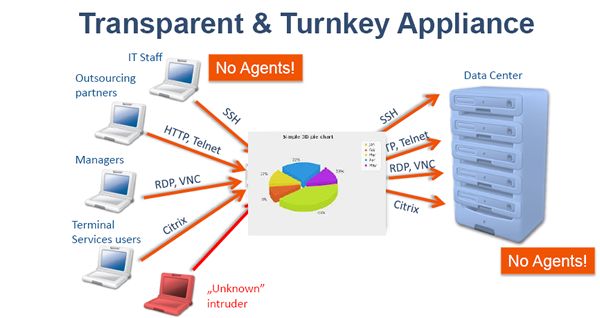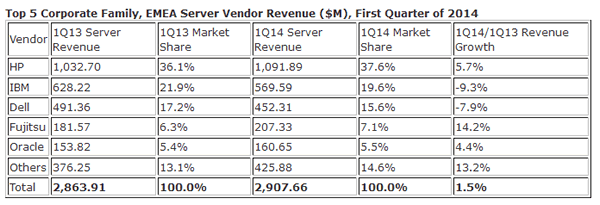 Aussie fugitive Julian Assange is so desperate for media attention that he is prepared to take a shot at fashion modelling.
Aussie fugitive Julian Assange is so desperate for media attention that he is prepared to take a shot at fashion modelling.
Assange, who is holed up in the Ecuadorean embassy trying to avoid extradition to Sweden on sex charges is expected to make his London Fashion Week debut this September.
Apparently the WikiLeaks founder will model for Vivienne Westwood’s son, Ben Westwood, at a fashion show staged at the Ecuadorean Embassy.
Westwood hopes that the event will draw the nation’s media and not allow Assange to be forgotten.
“I want to highlight Julian Assange’s plight. What happened to him is totally unfair,” he told the Independent.
Assange – who will be joined by six models during his catwalk outing – has also inspired some of the clothes.
Westwood said his collection was influenced by costumes worn by Clint Eastwood’s western films and also Assange’s combat-beret look.
The show’s soundtrack will come by way of music from The Good, The Bad And The Ugly, no prices for who Assange is coming as. Westward has also designed a garment with a Julian Assange print.
It is starting to look like Assange is managing to force the limelight back on himself.
Recently he met with Lady Gaga and opening rapper MIA’s New York concert with a 10-minute Skype chat, in which he addressed the audience. Last week, he hosted a Reddit ask-me-anything session, in which he offered life advice. We didn’t see it, but we should have expected that “ask someone first if they want to have sex with you and always use a condom” should have been given at some point.





















